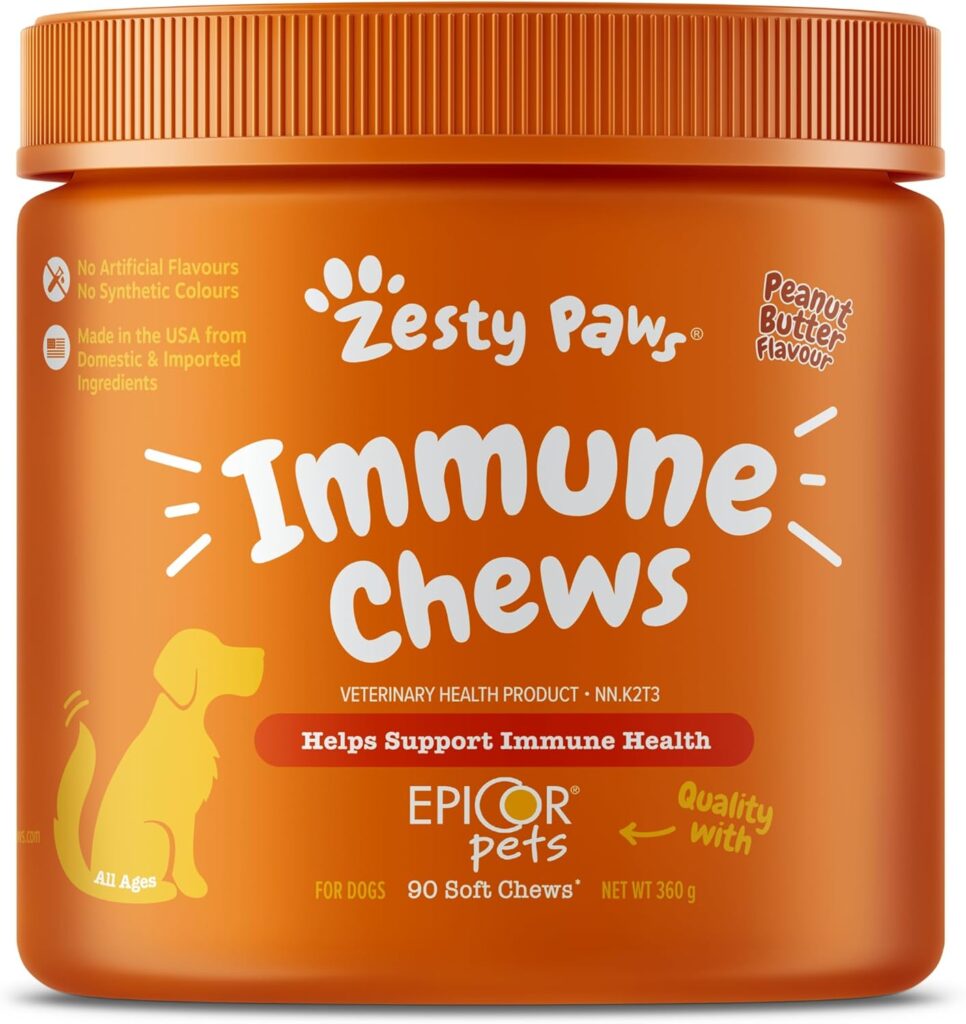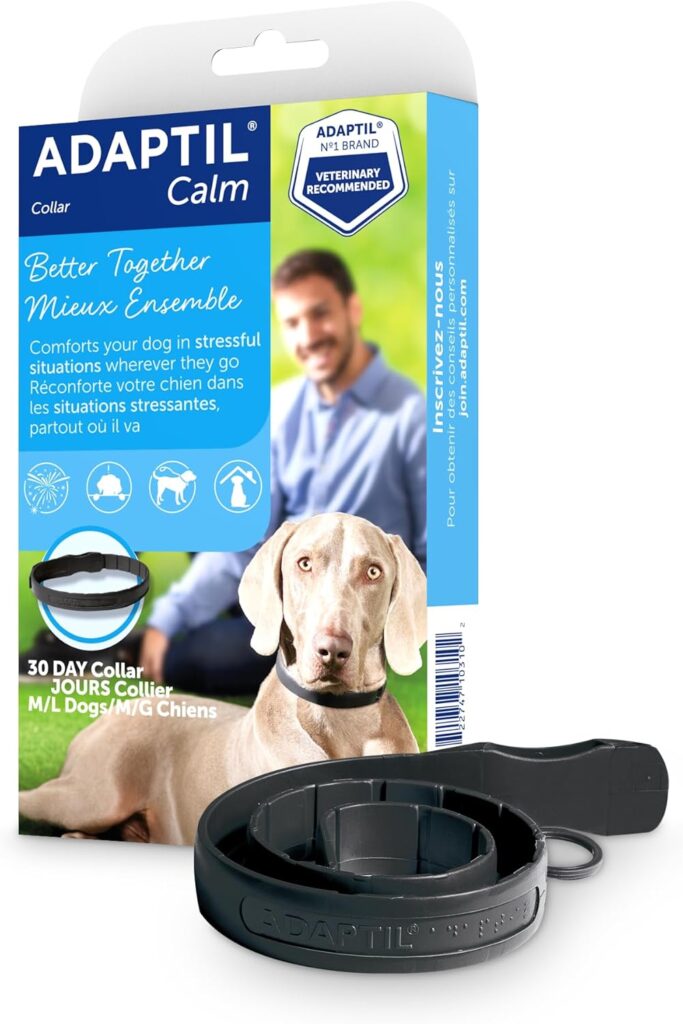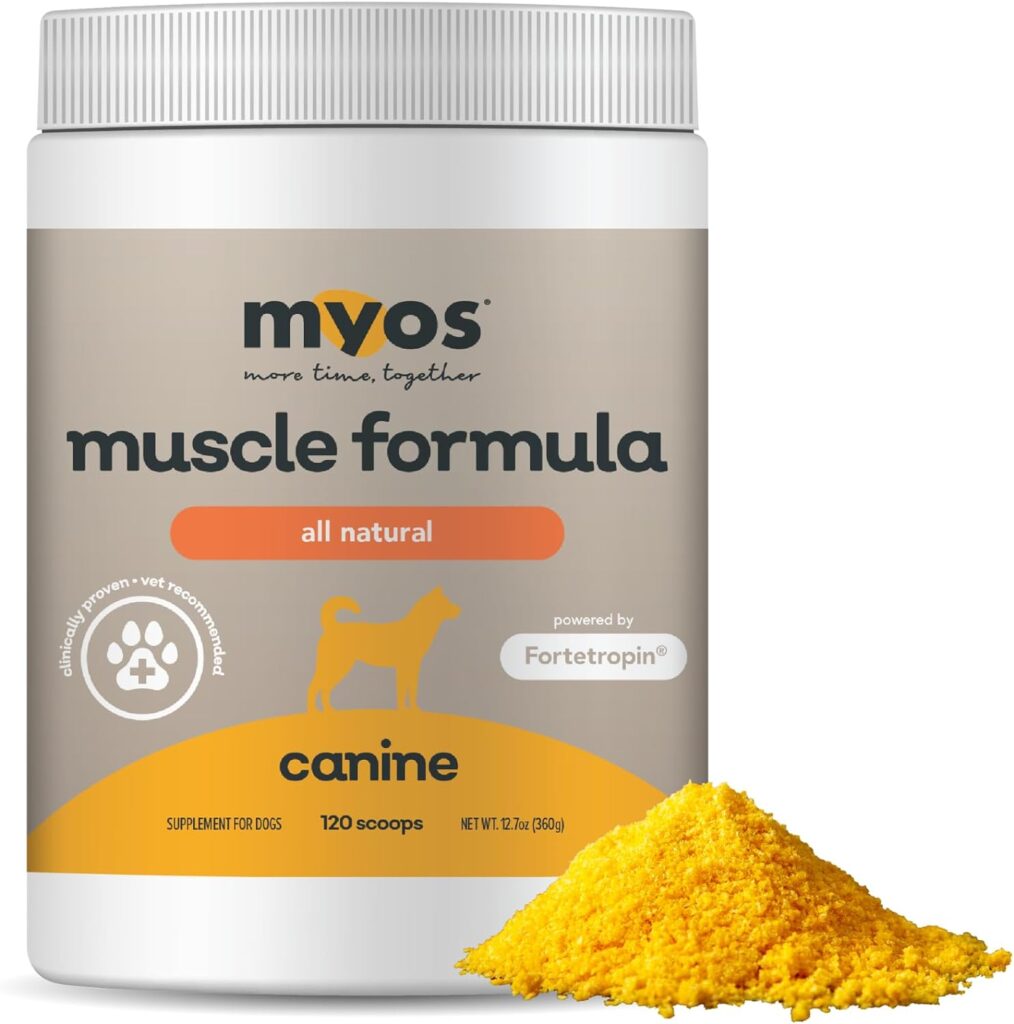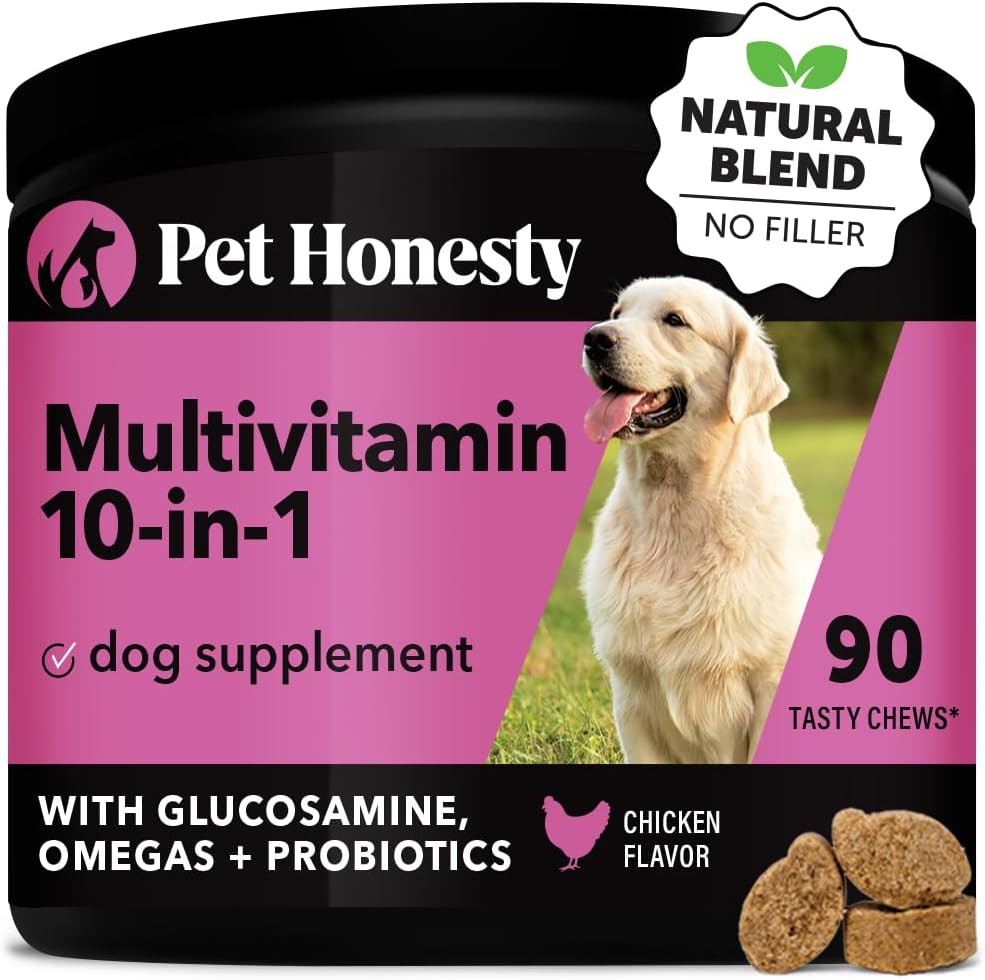Choosing the right veterinarian for your dog is one of the most important decisions you’ll make as a pet parent. After all, your dog isn’t just an animal living in your house—they’re a member of your family. You want someone you can trust to look after their health, well-being, and happiness. Just as you would spend time selecting a good doctor for yourself or your children, it’s crucial to do the same for your furry friend. This guide will walk you through everything you need to know to find the best possible veterinarian for your dog.
1. Start by Researching Local Veterinarians
When you’re trying to find the right veterinarian for your dog, begin with local research. You can ask your friends, family, neighbors, or other dog owners for recommendations. Social media groups dedicated to pet owners in your area can also be a helpful resource for local vet recommendations.
Online reviews are incredibly useful. You can search for local veterinary clinics on platforms like Google, Yelp, or even dedicated vet review sites. Focus on finding a clinic that has high ratings and lots of positive comments—especially those that mention exceptional care, compassion, and friendliness towards pets.
2. Consider the Services Offered
Veterinary clinics vary in the services they provide. If your dog requires specific care, such as dental services, laser therapy, or surgical options, make sure to find a clinic that offers these services. You should also look for a vet clinic that offers preventive care, like vaccinations, wellness exams, and parasite control.
If you’re interested in a clinic that has advanced equipment, you might want to ask if they have in-house diagnostics, like X-rays, ultrasound, or laboratory testing. Having these services available can save you time if your dog needs medical attention in the future.
Some clinics offer specialty services, like physical therapy, acupuncture, or alternative treatments. For instance, products like Myos Canine Muscle Formula (available on Amazon) can be an excellent supplement for older dogs, and some vets even incorporate such holistic approaches into their care.
3. Observe the Clinic Environment
The environment of the clinic is a huge factor when choosing the right veterinarian. Once you have a shortlist, it’s a great idea to visit each clinic in person. Observe the cleanliness of the facility, the friendliness of the staff, and the way they interact with their patients.
- Cleanliness: A good veterinary clinic will always be clean and organized. Pay attention to the smell and general condition of the waiting area and treatment rooms.
- Comfort Level: See how comfortable the clinic is for pets and owners alike. Does it have a welcoming atmosphere, or does it feel cold and clinical?
While you’re there, see if you can speak with the staff. They should be approachable, attentive, and capable of answering any questions you have. They should genuinely love working with animals, and you should be able to see that passion in their interactions with the pets.
4. Evaluate the Vet’s Communication Style
When choosing a veterinarian, it’s important to make sure they have a communication style that works well for you. You need a vet who is patient and willing to explain things clearly. The way they discuss medical treatments and diagnoses with you can make a significant difference in the quality of care your dog receives.
- Accessibility: Find out how accessible the vet is for follow-up questions. Can you reach out via phone or email with questions about your dog’s treatment?
- Honesty: You want a vet who will discuss all available treatment options, including the pros and cons of each one, and provide cost estimates upfront.
- Compassion: The best veterinarians are genuinely compassionate towards animals. They take time to help your dog feel comfortable and avoid rushing examinations or treatments.
For example, consider using PetHonesty Multivitamin Snacks (available on Amazon). If your vet is willing to go over the ingredients and let you know if it’s a good choice for your dog’s needs, it’s a sign that they care about your dog’s overall well-being and understand how diet and supplements can improve quality of life.
5. Emergency Care Availability
Your dog could face a medical emergency at any time, so it’s important to understand how your chosen clinic handles emergencies. Some vets provide 24/7 emergency services, while others might have limited hours but refer you to a nearby animal hospital for emergencies.
Ask your prospective veterinarian how emergencies are handled. Can you get an appointment on short notice if your dog has an urgent problem? Do they provide an emergency contact number?
It’s reassuring to know that your vet can take care of your dog day or night. Some clinics may partner with highly-rated emergency clinics in your area, and this could also work if they provide clear instructions and connections for after-hours care.
6. Find Out the Clinic’s Philosophy on Pet Care
Every veterinarian has their own approach to pet care. Some prefer more traditional medicine, while others may be open to alternative and integrative care. Consider your preferences when it comes to your dog’s health, and find a veterinarian that aligns with your beliefs.
For instance, if you prefer a more natural approach, you might want a vet who recommends herbal supplements, like Zesty Paws Allergy Immune Supplement for Dogs (available on Amazon). This could help address minor issues without the use of harsh medication. If you favor a more conventional approach, you might look for a vet with extensive experience in pharmaceuticals and established treatment methods.

7. Cost Considerations
Veterinary care can be expensive, so it’s important to be mindful of the costs. While you want to find the best care possible for your dog, it also needs to fit within your budget.
- Pricing Transparency: Ask for general pricing on standard services like wellness exams, vaccinations, spaying/neutering, and dental cleanings. The best clinics are transparent about their prices and should be willing to provide estimates before services are rendered.
- Pet Insurance: See if the vet accepts your pet insurance or offers assistance in filing insurance claims. Many vet offices are familiar with popular providers such as Trupanion and Healthy Paws.
- Wellness Plans: Some clinics offer wellness plans that can help you save money on preventive care, such as vaccinations, deworming, and regular checkups. Ask if the clinic offers such plans and if they could be beneficial for your situation.
8. Consider Accreditation and Qualifications
Make sure that the clinic is accredited by a recognized veterinary organization, such as the American Animal Hospital Association (AAHA). Accreditation by AAHA ensures that the clinic meets certain standards of care and is regularly evaluated for quality.
It’s also important to verify the qualifications of your vet. They should be a licensed Doctor of Veterinary Medicine (DVM), and ideally, have specialized training or years of experience in the type of care your dog needs.
You might also want to inquire if they belong to veterinary organizations such as AVMA (American Veterinary Medical Association), as this indicates a commitment to ongoing education and staying up-to-date on the latest developments in veterinary care.
9. Gauge Your Dog’s Reaction
Ultimately, your dog’s comfort is one of the best indicators of whether you’ve chosen the right veterinarian. If your dog shows fear or anxiety during a visit, it may not be a good fit—especially if the veterinarian and staff do not take steps to make your pet feel at ease.
A good vet will have ways of helping anxious dogs relax. For example, some clinics have a “fear-free” certification, which means that they follow specific protocols to reduce stress in animals during visits. They may even recommend Adaptil Calming Collars (available on Amazon) or suggest natural chews to help with your dog’s anxiety.
When you take your dog in for a visit, look for signs of distress like shaking, growling, or trying to hide. If the vet and staff can calmly work with your dog to make them comfortable, you’ve probably found a good match.

10. Location and Convenience
While it’s crucial that your vet be top-notch, location and convenience also matter. Consider how close the clinic is to your home and whether their hours work with your schedule. Emergencies can happen at any time, and the closer the vet, the faster you can get your dog the care they need.
Additionally, a clinic that offers flexible hours—such as extended evening or weekend appointments—can make it easier to fit veterinary care into your busy life.
11. Online Presence and Technology
Many veterinary clinics today are embracing technology to improve their services. A good veterinary clinic may have an online portal where you can make appointments, view your dog’s medical history, and even receive reminders for vaccinations and upcoming appointments.
Some clinics may even offer telehealth services, allowing you to consult with the vet over video calls for minor issues—a big convenience for when you need advice but the issue isn’t necessarily serious enough for a full visit.
12. Follow-Up Care and Routine Reminders
A reliable veterinary clinic should offer follow-up services. If your dog is recovering from an illness or surgery, the staff should check in on you to ensure everything is going smoothly.
Routine reminders are also a helpful feature. Some clinics send reminders via email or text when your dog’s vaccinations are due or when it’s time for a check-up. This can help ensure that you don’t accidentally fall behind on preventive care.
13. Trust Your Gut
Finally, when choosing a veterinarian for your dog, trust your instincts. A vet might have all the right qualifications on paper, but if something doesn’t feel right, you should keep looking. You want someone who not only makes your dog comfortable but also makes you feel at ease. If you feel like the veterinarian is truly invested in the health and well-being of your dog, that’s a good sign.
Conclusion
Choosing the right veterinarian for your dog is an important decision that can have a big impact on their health and happiness. Remember to consider factors like location, services offered, the vet’s communication style, and their compassion towards animals. Don’t be afraid to take your time and shop around—finding the right vet is worth the effort.
By following these steps and trusting your instincts, you’ll be able to find a veterinary partner who will help keep your dog happy and healthy for years to come. After all, our dogs deserve the best care we can provide, and the right veterinarian can make all the difference.








